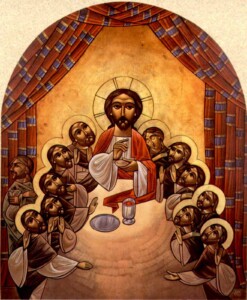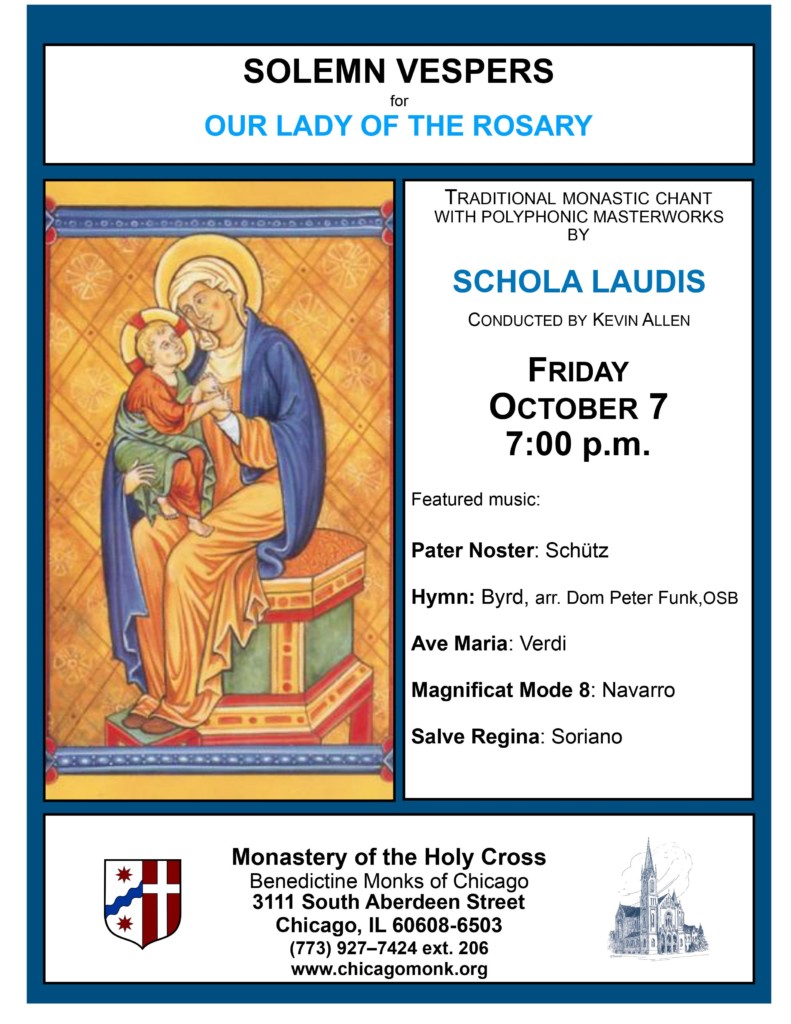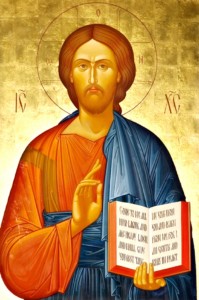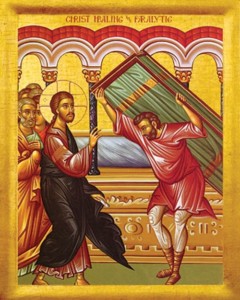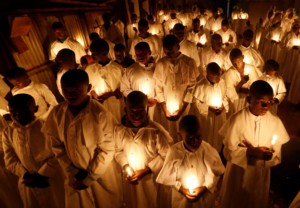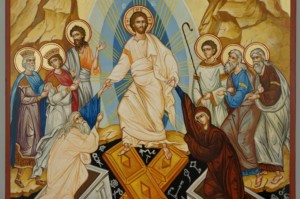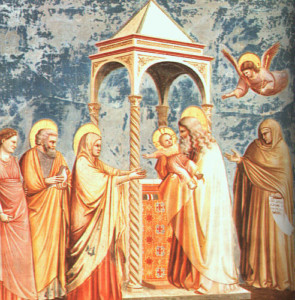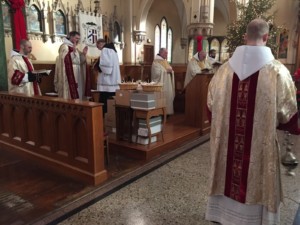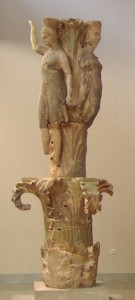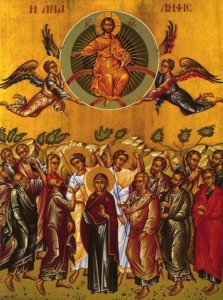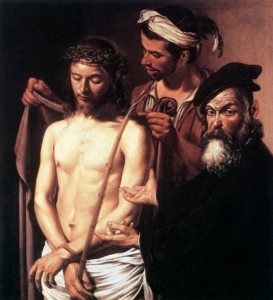“In the day that the Lord God made the earth and the heavens, when no plant (siah) of the field was yet in the earth and no herb (ēsev) of the field had yet sprung up—for the Lord God had not caused it to rain upon the earth, and there was no man to till the ground; but a mist went up from the earth and watered the whole face of the ground—then the Lord God formed man of dust from the ground, and breathed into his nostrils the breath of life; and man became a living being.”
Genesis 2: 4b-8
“Thou hast one daughter/Who redeems nature from the general curse.”
King Lear IV.vi.205
Here, we have, in the Hebrew mindset, the true ‘state of nature’, one rather different from the Hobbesian ‘red in tooth and claw’ version. Scholars of the Pentateuch, who typically regard the book of Genesis as a compilation from different sources, point out that in the previous chapter, ‘vegetation (deshe’)’ and ‘plants (ēsev)’ were already created by God. Since in chapter 2, there is said to be no plants or herbs in the fields, this is taken as evidence that the original story given in chapter 2 was written without any knowledge of chapter 1.
However, Rabbi Umberto Cassuto, in his work criticizing the ‘documentary hypothesis’, argued persuasively that the reference is to two different classes of plants. In chapter 1, we have plants in the ‘state of nature’, which God pronounces ‘good’. In chapter 2, the denial that there were plants and herbs ‘in the field’ does not deny the existence of all plants. Rather, ‘the field’, which connotes the wildness that was introduced into nature as part of the curse of Genesis 3: 17-19, does not contain any of this wild growth, including the specific genera of plants referred to as siah in Hebrew.
This rare word appears here and in three other instances in the Old Testament. In Genesis 21: 15, when Sarah convinces Abraham to drive out Hagar from the household, Hagar in desperation places her son Ishmael under ‘the bushes’. This is again in the wild, in the inhospitable ‘field’ (which, incidentally, is also where Cain lures Abel to murder him).
Perhaps unsurprisingly, the other two instances of siah occur in the book of Job. These ‘bushes’ (or ‘shrubs’) appear in 30: 4 and then again in verse 7, and appear once more in ‘dry and desolate ground’, in a place where people are ‘driven out from among men’.
To return now to Genesis 2, we read that the Lord had not yet sent rain upon the earth. Indeed, the first time that we can say without contradiction that it does rain, is in chapter 7: ‘The windows of the heavens were opened. And rain fell upon the earth forty days and forty nights.’ During this time, every creature of flesh not in Noah’s ark perished. Thus it is implied that rain is part of the ‘fallen’ dispensation, producing these wild shrubs and other plants ‘of the field’. Human beings were meant, in the original purity of creation, to dwell in a garden, in which water was supplied by this mysterious mist that went up from the earth. Why would this detail be mentioned about the earth being watered (literally ‘given to drink’) if there were no plants?
It is also worth noting that there is no man to till the ground, and yet God makes it fruitful. The Fathers of the Church, particularly in the Middle Ages, saw this detail as presaging the Incarnation of the divine Word of God. The fruitfulness of the earth immediately after its creation, despite there being ‘no man to till’ it, finds its mystical fulfillment in the conception of Christ of the Virgin Mary, who knew no man. For this fruitfulness, which depends entirely on God (and not on the ‘will of man’—John 1: 13), the ground must be pure, untouched in any way by the future ‘general curse’ that will mark the beginning of the rains, the thorns, thistles and shrubs of the field.
Today is the feast of SS Joachim and Anne, parents of Our Lady. Their ‘one daughter’ was a ‘new creation’, a ground that needed no purification to become fecund at the overshadowing, the brooding of the Holy Spirit of God. Akin to the temple, from which mystically flowed the waters which recall the mist and streams of Genesis 2, she is the true ‘ark of the covenant’, fit to be the dwelling place of the Dominus vivificans, the Lord, the Giver of Life, and to give God’s Son a body and a Mother. She too, required no purification for this to take place, other than the anticipated grace of our Lord’s passion, death and resurrection, ‘which [God] foresaw’, as the collect for Our Lady’s Immaculate Conception phrases it. Which is to say that God, in preparation for His definitive act of salvation, quietly prepared His triumph in the humble marriage bed of SS Joachim and Anne. Happy feast day to all!
